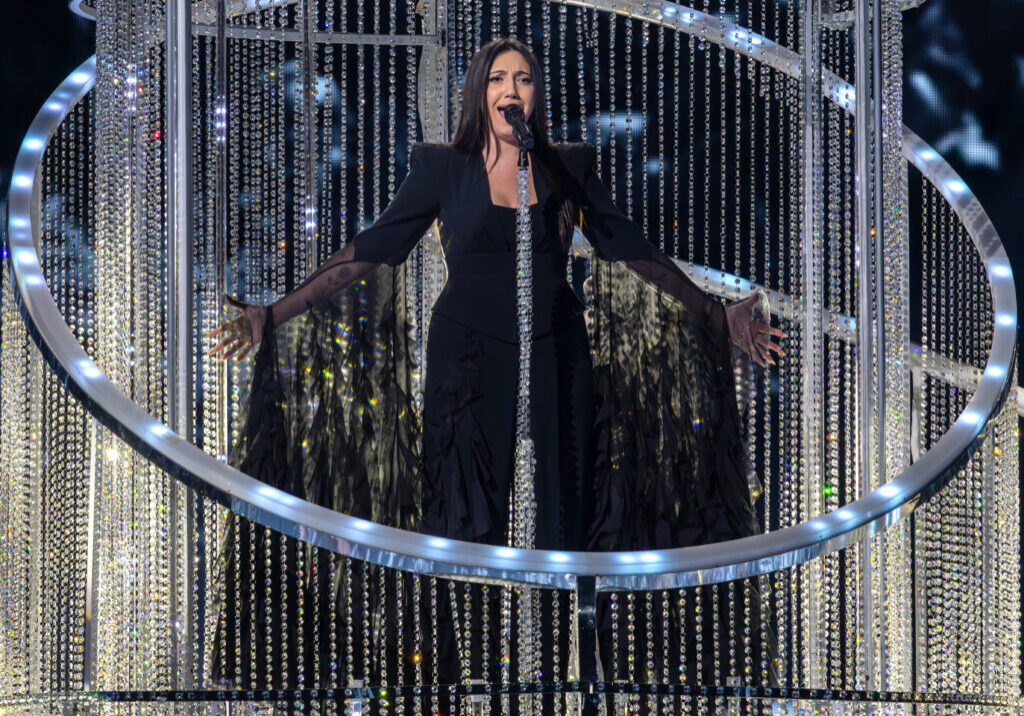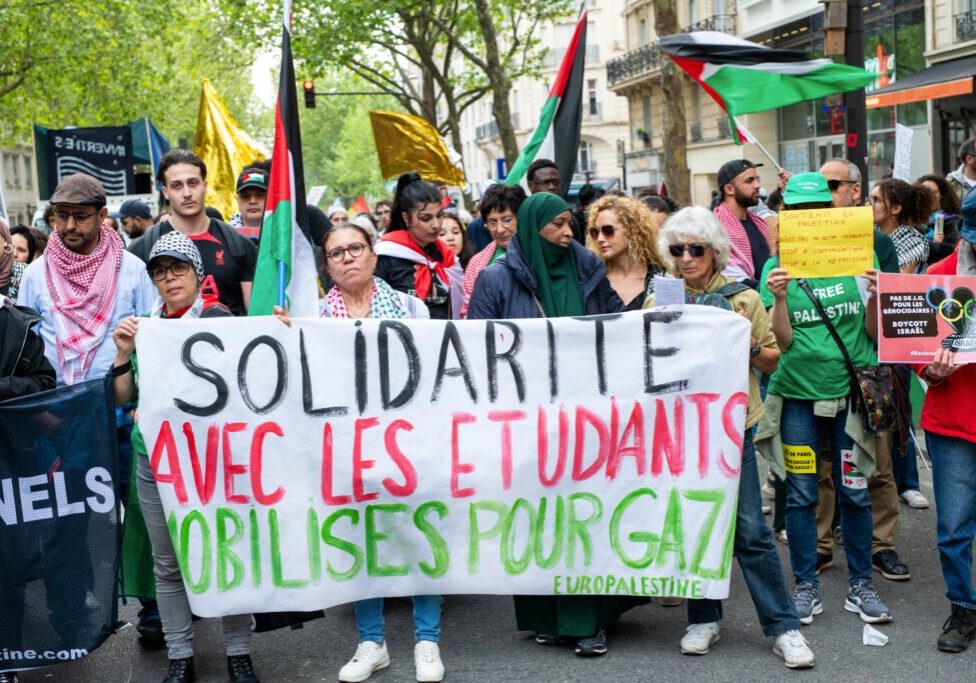Australia/Israel Review
Europa Europa: The French Connection
Mar 20, 2008 | Douglas Davis
Douglas Davis
The French Connection
The French have given the world savoir faire and joi de vivre. But right now, as far as Israel is concerned, it’s déja vu all over again.
France and Israel were best buddies for almost 20 years after the Jewish state was founded in 1948. The French provided Israel with arms, planes, patrol boats and, whisper it not, a nuclear reactor. The two countries were even allies in the 1956 war against Egypt.
All that changed after the Six Day War, when President Charles de Gaulle, having emerged from the trauma of France’s exit from Algeria, signalled a dramatic change in Middle East policy and declared le peuple juif to be sûr de lui meme et dominateur – “self-confident and domineering.”
It might be too much to expect the bureaucrats at the Quai d’Orsay to deconstruct the grand architecture of French policy and abandon their commitment to la politique arabe. But after 40 years of diplomatic permafrost, President Nicolas Sarkozy is injecting a degree of warmth into relations between Paris and Jerusalem.
Unlike his predecessors, France’s new hyper-president, it seems, likes Israel. And Jews, too. Less than a year after Sarkozy came to office last May, Israelis now dare to talk about a rapprochement. The new atmosphere has led to an upsurge in inquiries by French businessmen about business prospects in Israel and it is being predicted that Franco-Israeli trade will double in the next five years.
Sarkozy underlined the about-turn in a speech to the annual dinner of the CRIF, the umbrella body of French Jews, in Paris on Feb. 11. “France,” he declared, “will never compromise Israel’s security.” And he went on to promise a significant improvement in relations between Israel and Europe when France assumes the presidency of the European Union in July.
But what grabbed the headlines – and unleashed a firestorm of controversy – was Sarkozy’s proposal to embed the horror of the Holocaust in young French minds by linking every 10-year-old French student with a Jewish child of a similar age who was deported by the French during the Nazi occupation. “Nothing has more meaning for a child,” he said, “than the story of a child his own age, who played the same games and shared the same joys and hopes, but who, in the early 1940s, had the misfortune to be defined as a Jew.”
Immediately after the announcement, polls showed that 80% of French respondents opposed the plan, apparently reluctant to revisit a period when enthusiastic French police sent 11,000 French children to their deaths in Auschwitz (actually exceeding Nazi quotas). More surprising were the protests that emanated from the Jewish community, many of whom felt that their fellow Frenchmen would resent highlighting specific Jewish suffering.
Leading the charge against Sarkozy was 80-year-old Simone Veil, grande dame of French politics and herself a survivor of Auschwitz. She described the proposal as “unbelievable, unbearable, dramatic and, above all, unjust… You cannot inflict this on little 10 year-olds. You cannot ask a child to identify with a dead child. This history is much too heavy to carry”.
Serge Klarsfeld, the French lawyer who has relentlessly pursued Nazi war criminals through the French judicial system, galloped to Sarkozy’s defence: “Pupils who remember a child whose life was brought to an abrupt end by intolerance and racist hatred are better armed against extremist ideologies and violence,” he declared. Jewish memory is also France’s memory.
Sarkozy himself was unrepentant. “You will not traumatise children by giving them the gift of the memory of a country,” he said. “Any psychiatrist will tell you that you must tell children the truth… It is ignorance, not knowledge, which produces these abominable situations. If you don’t talk to children about this tragedy, you shouldn’t be surprised if it repeats itself.”
Sarkozy represents a radical departure from his predecessors in both style and substance. The pocket dynamo has chosen to maintain a tireless work schedule rather than relapse into grandeur at the presidential Élysée Palace. Regal haughtiness is not his style. In less than a year, Sarkozy has visited more than 25 countries on four continents, mending fences with old friends (in America) and nurturing new ones (in China and India). Along the way, he famously split with his wife and replaced her with a willowy Italian model/singer.
There is also another important difference with his predecessors. Sarkozy is not rooted in French aristocracy. He is, rather, the child of immigrant parents – a Hungarian father and a Greek mother of Jewish ancestry. He was raised primarily by his Jewish grandfather, who is said to have been a key influence.
Despite a flurry of measures to reform France’s sclerotic economy and reduce chronic unemployment, Sarkozy stirred up trade union hostility and took a severe hit in the first round of local elections in March. His glitzy taste, his roller-coaster lifestyle and his hyperactivity have not been to the taste of many Frenchmen. “He must start behaving more like a French statesman than a Hollywood A-lister,” one insider told me.
For all the differences, though, Sarkozy has maintained a very French tradition. While warming up relations with Israel, he is also reasserting France’s traditional influence in the Middle East: he is taking a trade policy to an Arab world that is increasingly worried about Iran’s nuclear ambitions. In recent months, he has signed nuclear cooperation agreements with Libya, Algeria and the United Arab Emirates, while laying the groundwork for similar deals with Egypt, Saudi Arabia, Morocco and Jordan.
Plus ça change, plus c’est la même chose.
Tags: Europe






